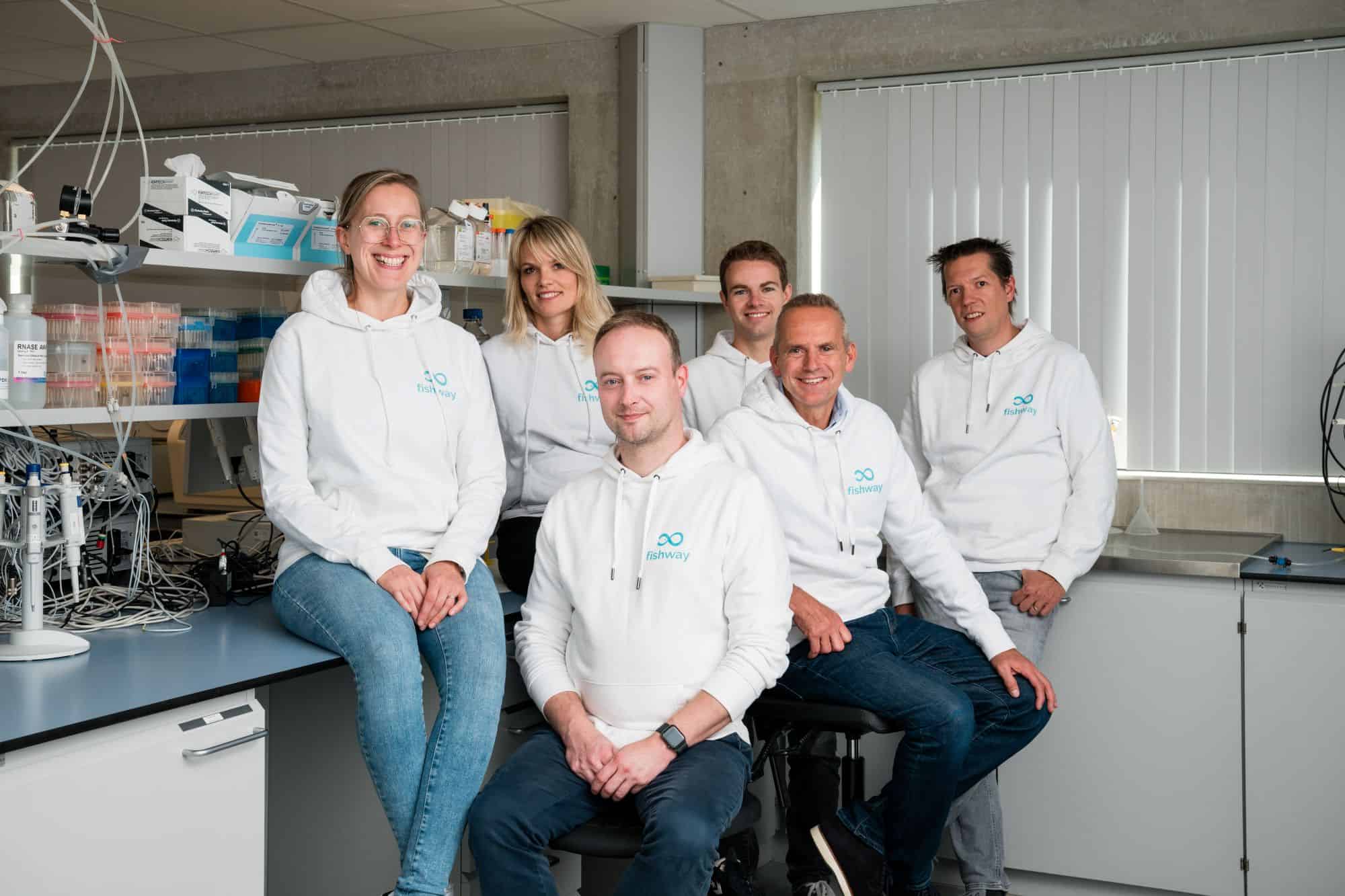Low Food has presented the results of its Low Food Lab Mycelium, which investigated a range of possible applications for mycelium that go beyond meat alternatives.
Conducted in collaboration with Flevo Campus, agri-food company Cargill, and B2B mycoprotein ingredient company ENOUGH, the research aimed to create an entirely new category featuring mycelium as a stand-alone product. Using ENOUGH’s ABUNDA mycoprotein, participating chefs and product developers came up with a range of possible applications, including tofu, tempeh, jerky, tortillas, falafel, muffins, gnocchi, and more.
Mycelium is considered to be a promising ingredient as it grows extremely quickly, has a low carbon footprint, and requires less land and water than animal proteins. Furthermore, it is rich in protein and fiber, low in fat, sugar, and calories, and features a unique texture with a neutral flavor profile.
“The research results clearly show that we’re only beginning to understand all the ways mycoprotein can help drive change in the food industry,” said Samah Garringer, Chief Commercial Officer at ENOUGH. “It’s a very exciting time to be working with such a versatile, nutritious, and sustainable ingredient that holds so much promise for the food industry.”

Protein for a growing population
In 2023, ENOUGH secured €40 million to increase the production of ABUNDA in order to meet the growing demand for sustainable proteins. This brought the total amount raised by the company to over €95 million.
Last year, ENOUGH announced an extension of its partnership with Cargill, which saw the latter sign a commercial agreement to use and market ABUNDA. ENOUGH’s 15,000 square meter production facility is located alongside a Cargill facility in Sas van Gent, the Netherlands, and Cargill provides ENOUGH with an efficient glucose syrup.
ABUNDA is produced at a large scale using biomass fermentation, which involves feeding fungi with renewable feedstocks to grow sustainable proteins.
“ENOUGH created ABUNDA to help solve the big challenges of producing
protein for a growing population, and doing so sustainably,” said
Craig Johnson, Chief Technology Officer at ENOUGH. “We are very
pleased to partner with organizations such as Low Food, Flevo Campus,
and Cargill to push the boundaries and show the world what mycoprotein
can do.”




